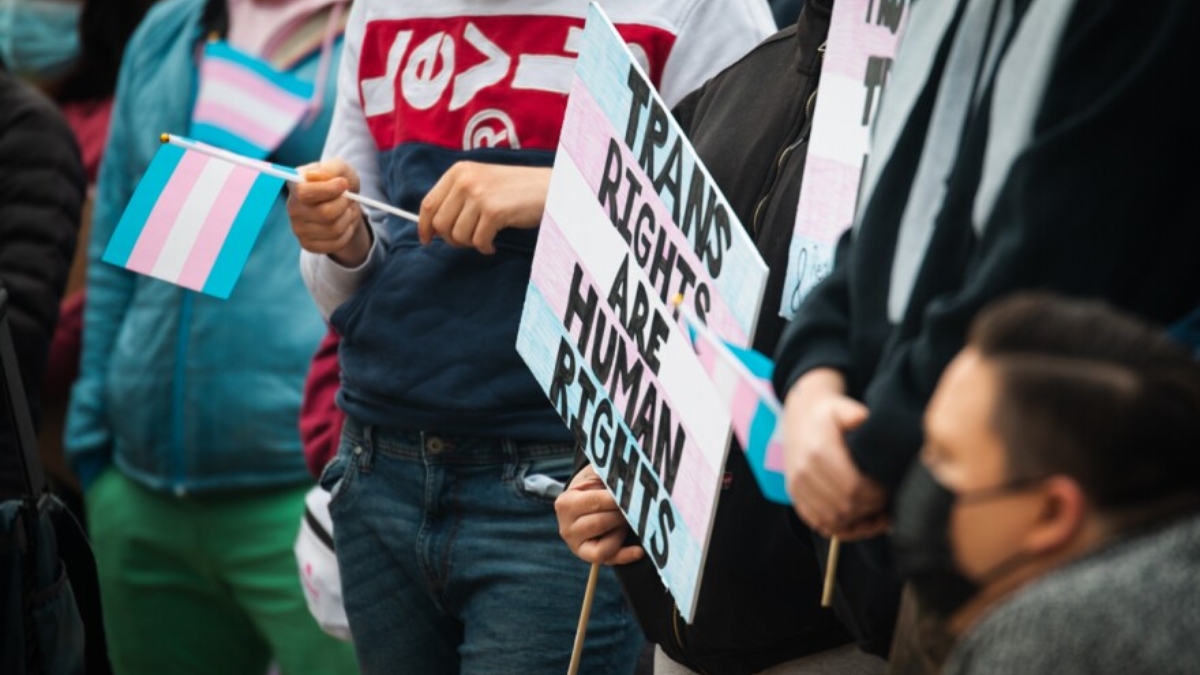A proposed bill in the Iowa House aims to remove “gender identity” from the Iowa Civil Rights Act, effectively eliminating anti-discrimination protections for transgender individuals in the state. This legislative move has ignited a heated debate among lawmakers, civil rights advocates, and the public.
House Study Bill 242, introduced by Republican lawmakers, seeks to amend the Iowa Civil Rights Act by removing “gender identity” from the list of protected classes. Since 2007, the Act has prohibited discrimination based on gender identity in areas such as employment, housing, education, public accommodations, and credit practices. The bill is scheduled for a subcommittee hearing on Monday, February 24, where public testimony will be heard.
Implications of Removing Gender Identity Protections
Eliminating gender identity from the Iowa Civil Rights Act would have significant consequences for transgender Iowans. Without these protections, individuals could face discrimination in various aspects of daily life, including:
- Employment: Transgender individuals might be at risk of being fired or denied job opportunities solely based on their gender identity.
- Housing: Landlords could refuse to rent to transgender tenants, leading to increased housing insecurity.
- Public Accommodations: Businesses and service providers might deny services to transgender customers.
- Education: Schools could discriminate against transgender students, affecting their access to quality education.
Advocates argue that removing these protections would legalize discrimination and exacerbate the marginalization of transgender individuals in Iowa.
Supporters’ Perspective
Proponents of the bill argue that the inclusion of gender identity in the Civil Rights Act could conflict with other laws and societal norms. Some Republican lawmakers believe that maintaining these protections might undermine legislation that restricts transgender women from participating in female sports or laws that prohibit gender-affirming care for minors. House Speaker Pat Grassley has indicated that the bill will receive “full consideration” from House Republicans.
Opponents’ Perspective
Opponents, including civil rights organizations and LGBTQ+ advocates, contend that the bill is a direct attack on the rights and dignity of transgender Iowans. They emphasize that gender identity protections are essential for ensuring equal treatment and safeguarding against discrimination. The Iowa Civil Rights Commission, established to enforce the state’s anti-discrimination laws, has recognized gender identity as a protected class since 2007.
Critics also highlight personal stories to illustrate the potential harm of the proposed legislation. For instance, Ankeny resident Lily Bjorklund, a 9-year-old transgender girl, and her family are considering moving out of Iowa if the bill becomes law. Lily expressed concern, stating, “Moving would force me to make a whole lot of new friends, and it would impact a lot of people in a negative way.”
Historical Context
Iowa has a history of progressive civil rights advancements. The Iowa Civil Rights Act of 1965 was enacted to prohibit discrimination in various sectors, and in 2007, “gender identity” and “sexual orientation” were added as protected classes. This inclusion was a significant milestone for LGBTQ+ rights in the state, aiming to ensure that all individuals, regardless of their gender identity, are treated fairly and with respect.
Public Response and Next Steps
The introduction of House Study Bill 242 has prompted a strong public response. A subcommittee hearing is set for February 24, allowing citizens to voice their opinions. Public comments submitted to the Iowa Legislature reflect widespread opposition to the bill. One commenter stated, “Please register my OPPOSITION to The Iowa Civil Rights Removal Act (HSB 242).”
As the bill moves through the legislative process, its progress will be closely monitored by both supporters and opponents. The outcome will have profound implications for the legal status and daily lives of transgender individuals in Iowa.
Conclusion
The proposed removal of gender identity protections from the Iowa Civil Rights Act has ignited a contentious debate about the rights of transgender individuals in the state. As lawmakers deliberate on House Study Bill 242, the decision will reflect Iowa’s commitment to either upholding or retracting the civil rights of its transgender residents.
For more information on the Iowa Civil Rights Act and the proposed bill, visit the Iowa Legislature’s official website.
Disclaimer – Our team has carefully fact-checked this article to make sure it’s accurate and free from any misinformation. We’re dedicated to keeping our content honest and reliable for our readers.








